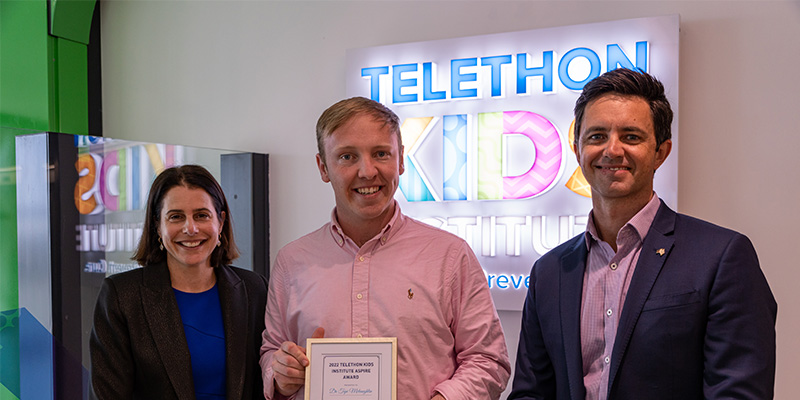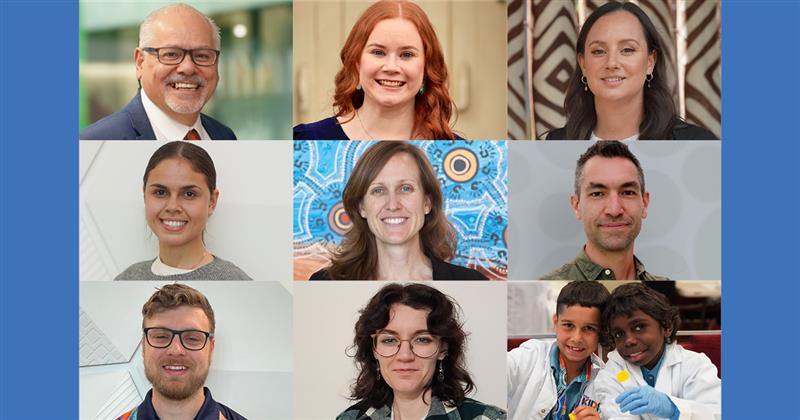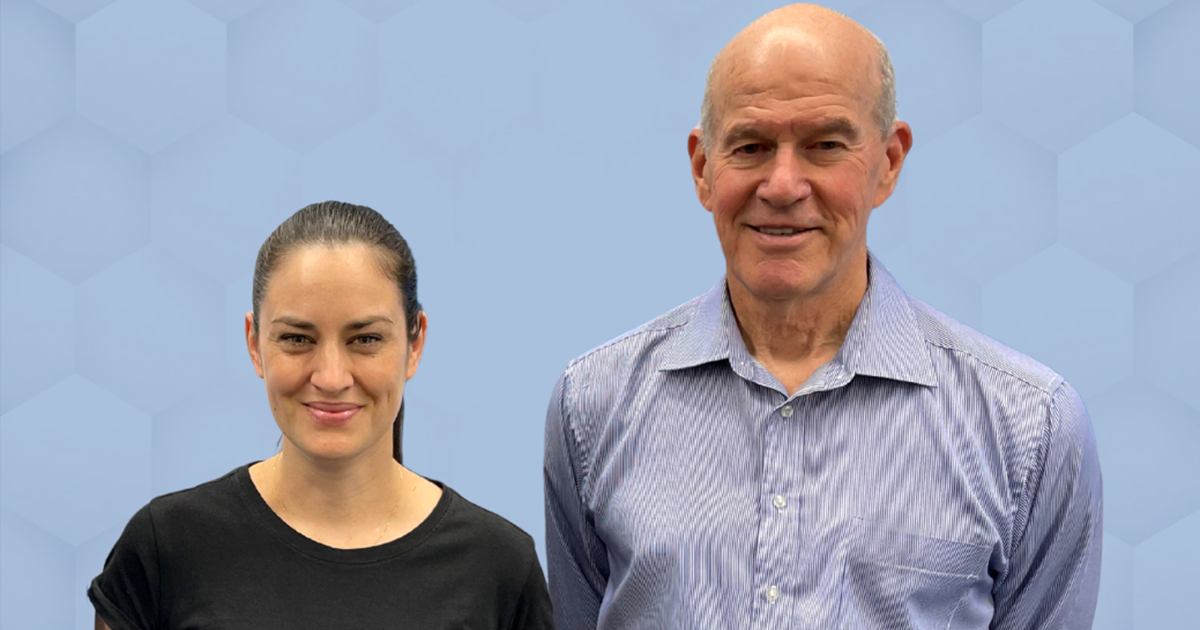Search
Research
Respiratory infection- and asthma-prone, low vaccine responder children demonstrate distinct mononuclear cell DNA methylation pathwaysnfants with frequent viral and bacterial respiratory infections exhibit compromised immunity to routine immunizations. They are also more likely to develop chronic respiratory diseases in later childhood. This study investigated the feasibility of epigenetic profiling to reveal endotype-specific molecular pathways with potential for early identification and immuno-modulation.
Research
Supporting nutrition education in low socioeconomic schools in Western AustraliaSchool-based nutrition education (NE) has an important role in promoting healthy eating habits and helping prevent chronic diseases – particularly among disadvantaged children and youth who are more likely to experience poor diet quality.
Research
Impact of the Play Active policy intervention on early childhood educator's sedentary behaviour-related practices, psychosocial influences and meeting policy recommendationsHigh levels of sedentary behaviour are associated with poor child health outcomes such as obesity. Early childhood education and care (ECEC) services are a key intervention setting. Most ECEC policy-based interventions focus on children's nutrition and physical activity with few aimed at children's sedentary behaviour.
Research
Caudal block, high flow oxygen insufflation and dexmedetomidine sedation for inguinal hernia surgery in infants—A prospective evaluation of an alternative anesthesia techniqueInguinal hernia repair is the most common operation in infants, with well recognized anesthetic and perioperative risks. The aim was to investigate if the combination of caudal block, high-flow nasal oxygen insufflation and intravenous dexmedetomidine sedation is suitable for infants undergoing inguinal hernia surgery.
Research
Global change, climate change, and asthma in children: Direct and indirect effects - A WAO Pediatric Asthma Committee ReportThe twenty-first century has seen a fundamental shift in disease epidemiology with anthropogenic environmental change emerging as the likely dominant factor affecting the distribution and severity of current and future human disease. This is especially true of allergic diseases and asthma with their intimate relationship with the natural environment.
Research
Contribution of vaccination to improved survival and health: modelling 50 years of the Expanded Programme on ImmunizationWHO, as requested by its member states, launched the Expanded Programme on Immunization (EPI) in 1974 to make life-saving vaccines available to all globally. To mark the 50-year anniversary of EPI, we sought to quantify the public health impact of vaccination globally since the programme's inception.

News & Events
Flying the flag for WA research thanks to Business Events Aspire AwardsDr Matthew ‘Tepi’ Mclaughlin is the 2022 The Kids Research Institute Australia Aspire Award winner - coordinated by Western Australia’s peak body for business events, Business Events Perth.

News & Events
Announcing our 2025 Premier’s Science Awards finalistsEight outstanding researchers from The Kids Research Institute Australia and the Institute-led Broome STEM Festival are finalists in the 2025 Premier’s Science Awards.

News & Events
Risk of deadly diarrhoeal diseases set to worsen as climate changesResearchers from The Kids Research Institute Australia have contributed to a landmark study revealing climate change will have a detrimental impact on one of the greatest threats to the health of children in the Global south – diarrhoea.

News & Events
Researchers receive crucial Near Miss fundingCongratulations to four outstanding The Kids Research Institute Australia researchers who have received funding designed to support researchers who have narrowly missed out on highly competitive national funding.
